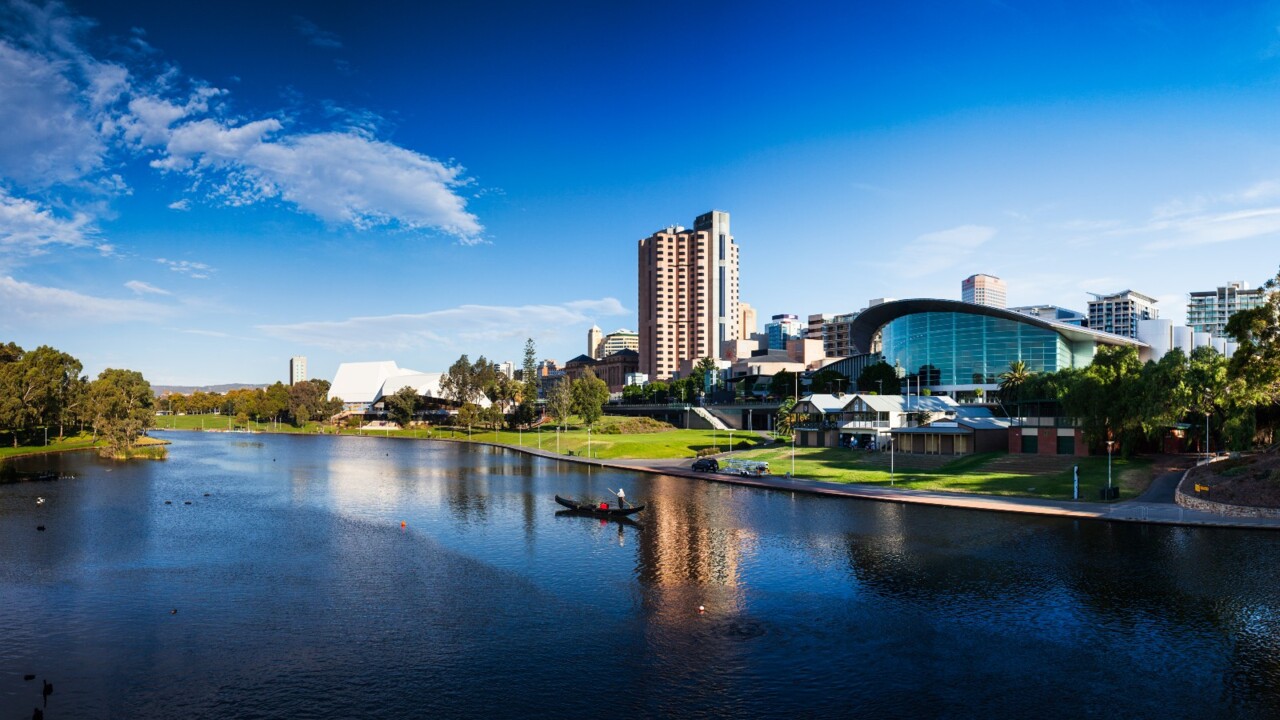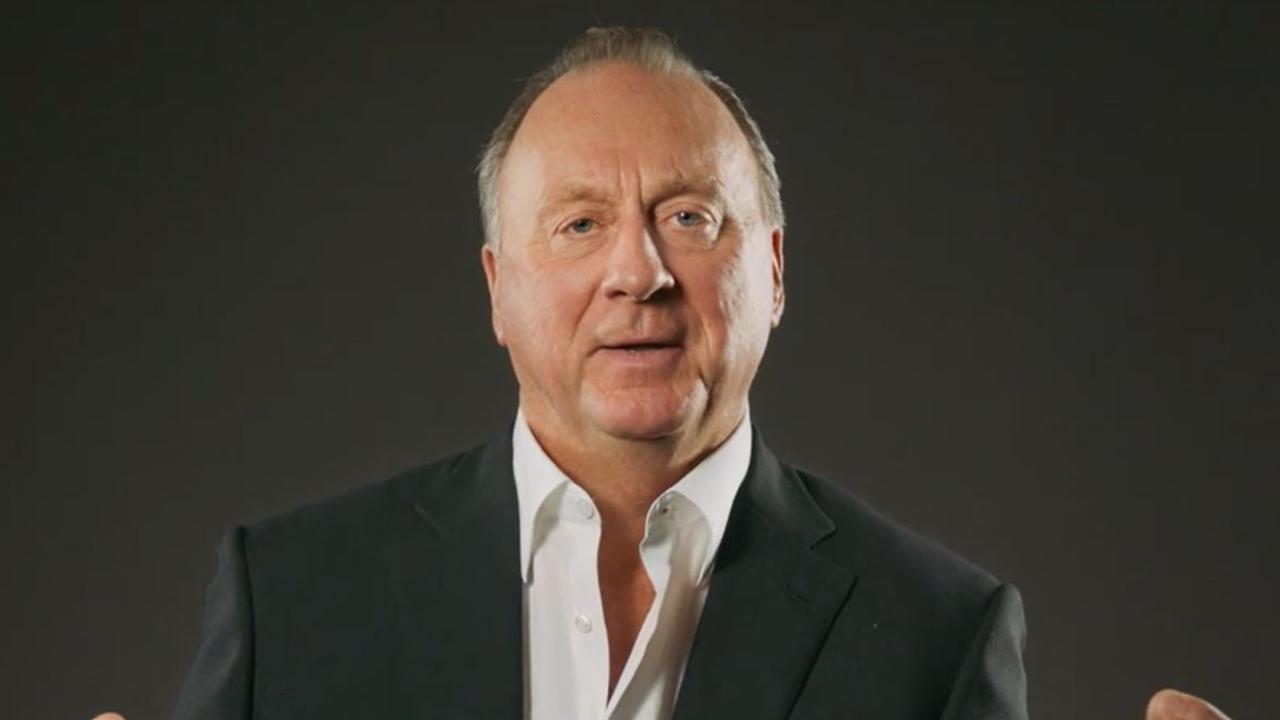Priority Care Medical in Woodville Park falls into liquidation
A GP clinic in Adelaide’s west has closed its doors after falling into liquidation. It’s one of a handful of insolvencies in recent weeks. See the October list.

Business
Don't miss out on the headlines from Business. Followed categories will be added to My News.
A GP and medical clinic in Adelaide’s western suburbs has closed its doors after falling into liquidation.
Priority Care Medical, on Port Rd in Woodville Park, had provided GP, audiology, pathology and minor surgery services, and also ran an emergency department for non-life threatening cases.
Liquidator Robert Naudi from Rodgers Reidy said the wound-up company operated similar to a serviced offices business, but with just three GPs, it wasn’t enough to support the recently refurbished clinic.
“The reason it has been put into liquidation is there wasn’t enough doctors operating out of it to meet its overheads,” he said.
“It’s a very well-fitted out clinic – it even has its own little emergency department. It’s very impressive inside.”
About four staff members are affected by the closure of Priority Care Medical, which formed part of a network of clinics run by Melbourne-based 24-7Healthcare.
Mr Naudi said the number of creditors and value of debts were still unknown. An email address has been provided to patients seeking access to their medical records.
The collapse follows another subdued month of insolvencies in South Australia, as the ATO continues to hold fire on debt recovery action.
Statistics compiled by the corporate regulator, the Australian Securities and Investments Commission, show that just 14 companies were wound up or fell into administration in October, a figure well below pre-Covid levels.
Tourism and hospitality businesses appear on the October list of insolvencies, which also includes Geelong-based Southern Bay Brewery, owned by Adelaide-based Nick Warming.
While the number of insolvencies has remained low since the onset of Covid-19, local practitioners are expecting a turnaround once the ATO starts to turn the screws on company directors.
Oracle Insolvency Services founding partner Nick Cooper said the creditors calling debts at the moment were largely private companies supplying other firms, rather than the ATO.
“Liquidations may well be slightly up and down for now but eventually the tax office will come looking for the money it is owed,’’ Mr Cooper said.
“That’s when we believe there’ll be a steady upward trend in insolvencies as the ATO methodically calls in its debts.
“Lockdowns have hit the hospitality industry hard ... and we expect to see more cafes and restaurants run into trouble as well as those in personal services industries like hairdressers and beauticians.
“While the construction industry is enjoying a boom with government incentives and people renovating their homes instead of going overseas, not everyone is cashing in. Many builders underquoted on projects to secure the work but with steep price hikes in steel and timber they’re now struggling.”
Pitcher Partners insolvency specialist Andrew Yeo said there had been “little or no pressure” in the system from the ATO, but warned that it would come, and that companies which had outstanding tax debts should consider being proactive and talking to an adviser or the ATO before they came looking.
The ATO was usually responsible for about half of the winding-up applications across Australia, Mr Yeo said, and that number had dropped to just a handful.
“The ATO has now recommenced the engagement process,’’ he said.
“What they’re really trying to do, they’re trying to figure out which ones are just keeping their heads down and not paying and not lodging anything, but are still around, compared to those that went out of business in April 2020 and they don’t know it yet.”
Mr Naudi believes the reopening of state borders could prompt the ATO into action.
“Once borders open the ATO may take a different view - they may say that businesses are back close to a normal playing field and I think that will have an impact,” he said.
“There will come a point where the economy needs the ATO to stop being a major bank.”



